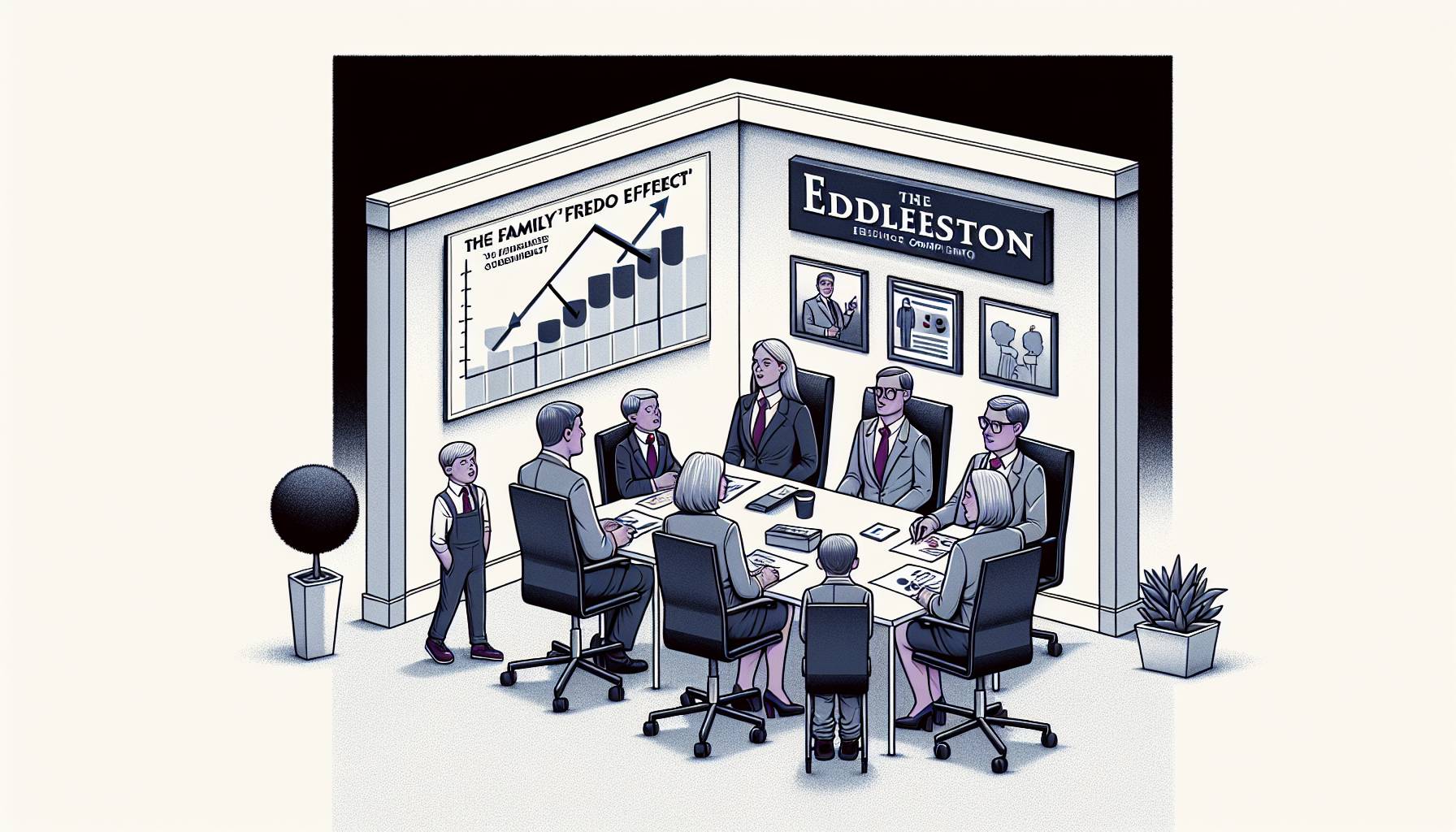Family businesses at times experience what Kimberly Eddleston, an authority on family businesses, refers to as the ‘Fredo Effect’. Named after “The Godfather’s” least capable sibling Fredo, it arises when the least capable family member takes up a position of power, not through merit or skills but because of family ties. This effect can harm the business, causing disruptions and internal conflicts.
Eddleston is set to discuss this prevalent issue at the 32nd Annual Family Business Conference. She will also offer effective strategies to help maintain the health and growth of family businesses. Key among these are healthy communication, clear role divisions and responsible governance.
Besides conflict management, Eddleston plans to discuss the benefits and opportunities offered by family businesses. She will illustrate how, with proper guidance and management, such businesses can be resilient and innovative.
Attendees can anticipate learning and applying practical tips from Eddleston’s presentation to their own family businesses. She will also share success stories, providing inspiration to overcome common challenges.
Just like Fredo in “The Godfather”, family business members often struggle with feelings of inadequacy and fear of judgment, two factors that inhibit open communication. This lack of communication can lead to unresolved issues, causing resentment and a cycle of avoidance.
Eddleston’s advice for this issue includes proactive management of family members who view the business merely as a money source, and could potentially turn it into a virtual welfare establishment. Educating these members about the importance of productivity and contribution is vital. She also recommends rewarding effort and innovation to deter dependency attitudes.
She insists on prioritizing the long-term success of the business over family interests. Establishing policies that preserve the company’s stability rather than catering to individual preferences is key. This balancing act between the business and family aspects can help the family-owned enterprise continue to thrive.
Eddleston underscores the need for professional business operations and organized HR practices. She also advises on having a clear succession plan and a diverse advisory board that includes both family and non-family members, both of which prevent potential disagreements.
Lastly, Eddleston stresses the importance of constant learning, keeping up with market trends, and maintaining a healthy work-life balance, crucial for a successful and effectively managed family business.













